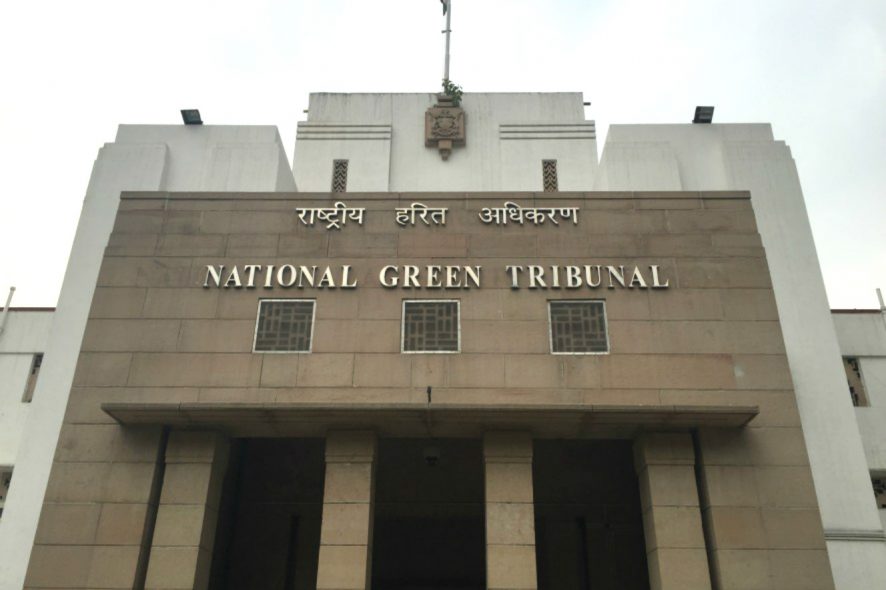National Green Tribunal (NGT): A Coram of Justice Adarsh Kumar Goel (Chairperson) and S.P. Wangdi (Judicial Member), K. Ramakrishnan (Judicial Member), JJ., and Dr Nagin Nanda (Expert Member), directed that a sum of Rs 17.31 crores assessed by the Committee comprising Central Pollution Control Board (CPCB), Haryana State Pollution Control Board (HSPCB) and Deputy Commissioner, Panipat, be deposited by Indian Oil Corporation Ltd. (IOCL) Panipat Refinery within one month with the CPCB by way of interim compensation for restoration of the environment subject to further orders. Further action may be taken by the HSPCB in accordance with the law.
In the present case, a complaint was filed stating that air and water pollution caused by Panipat Refinery was causing large scale diseases affecting the inhabitants of the area. A joint team consisting of CPCB, HSPCB and deputy commissioner, Panipat was formed to assess the pollution caused. The report acknowledged enormous pollution. The samples from the Effluent Treatment Plant (ETP) were found to be non-compliant. Ambient air quality was exceeding the norms. Untreated effluent was found to be discharged in the green belt areas. Unit was not complying with the conditions of recycling and reusing treated water. ETP was not being operated efficiently and was not adequate. Untreated effluents were being stored in open storage lagoon without VOC recovery system.
Mr Aman Lekhi, learned Additional Solicitor General appearing for the IOCL responded to the report by the committee through a note which stated that the permission to discharge into Thirana drain was granted by the department of irrigation, Haryana Government. The respondent could not be made responsible for ambient air quality as the report by the joint committee itself was unable to attribute the same to IOCL and only said that the unit might be contributing to increase in values.
The Tribunal noted that IOCL could not justify the discharge of polluting effluents. Permission by the Pollution Control Board could be only to discharge effluents as per laid down norms. No dilution was available in the drain and norms were being violated. There was adequate material to hold that there is a violation of environmental norms.
The Tribunal disregarded the submission that no compensation may be required to be paid as the pollution was also contributed by others. The respondents could not avoid responsibility for the same. It was directed that a sum of Rs 17.31 crores assessed by the Committee may be deposited by the unit with the CPCB by way of interim compensation for restoration of the environment subject to further orders.[Satpal Singh v. Indian Oil Corporation Ltd. Panipat Refinery, 2019 SCC OnLine NGT 63, decided on 10-05-2019]






